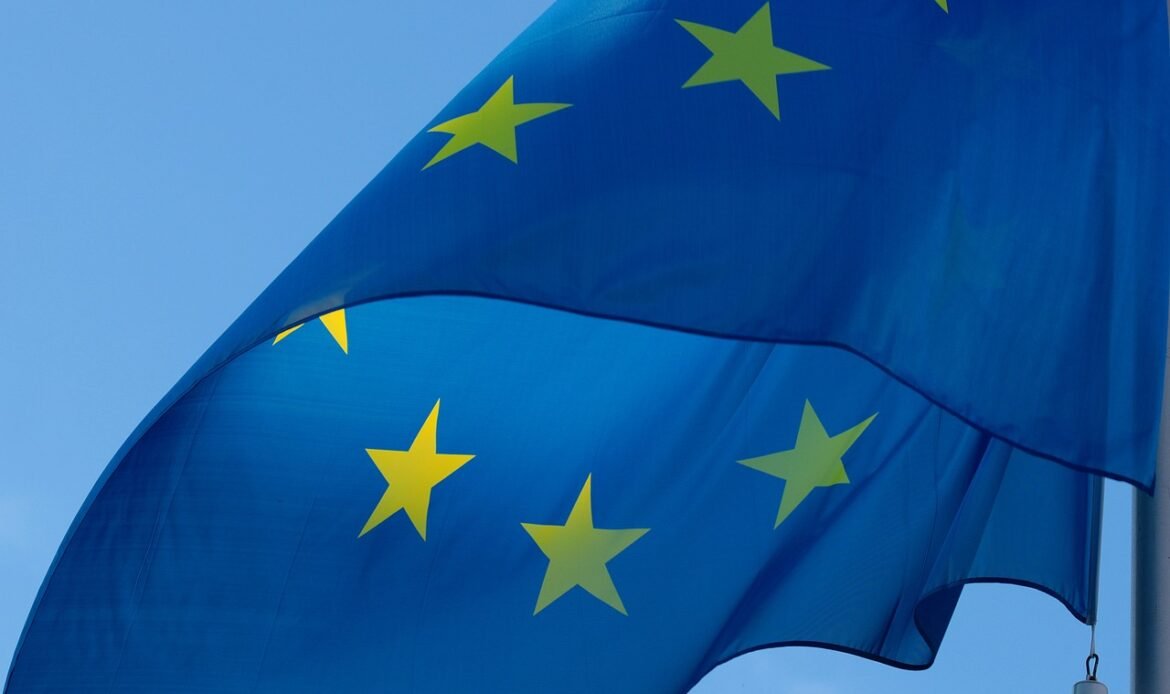Questions swirl about the strength of China’s recovery from Covid lockdowns, and there’s talk of recession in the United States. Yet Europe’s economic prospects have brightened in recent months, according to the European Commission.
The EU’s executive arm on Monday upgraded its growth outlook for 2023 and 2024. It now expects the EU economy to expand 1% this year, up from an estimate of 0.8% in February. Growth next year is pegged at 1.7%, an upward revision of 0.1 percentage points.
The improved forecast for Europe — which narrowly dodged a recession this winter — still represents a marked slowdown on last year, when the bloc’s economy grew 3.5%.
But it reflects sharply lower energy prices, which are reducing costs for businesses and easing the strain on households. A strong job market and ongoing government stimulus are also providing a lift.
Even so, the Commission acknowledged that higher borrowing costs aimed at taming rising prices will weigh on growth in the months to come. The European Central Bank raised interest rates by a quarter of a percentage point this month, the smallest increase since it started hiking in July, but hinted at further rate hikes to come given stubbornly high inflation.
“The key factors underpinning this forecast go in opposite directions: on the one hand, declining energy prices and a resilient labor market and, on the other hand, tightening financial conditions,” Paolo Gentiloni, the European Commission’s economy minister, said at a press conference.
“Heightened risk perception” among banks after recent tumult in the sector is making it harder to access credit, while rising rates are eating into loan demand, Gentiloni noted.
Significant divergence is also expected among countries in the European Union. Growth in Germany, the bloc’s biggest economy, is expected to slow sharply to 0.2% in 2023. Meanwhile, Italy’s output could increase by 1.2%, and Portugal’s economy could expand by 2.4%.
Separately, industrial production data for Europe published Monday showed signs of weakness. Production fell 4.1% in March among the 20 countries that use the euro, worse than economists had expected.
“With the tailwinds from lower energy prices and easing semiconductor shortages apparently exhausted and the economy struggling with tighter monetary policy, we expect industrial output to contract slightly over the rest of the year,” Andrew Kenningham, chief Europe economist at Capital Economics, said in a note to clients.
This article was originally published by CNN.



